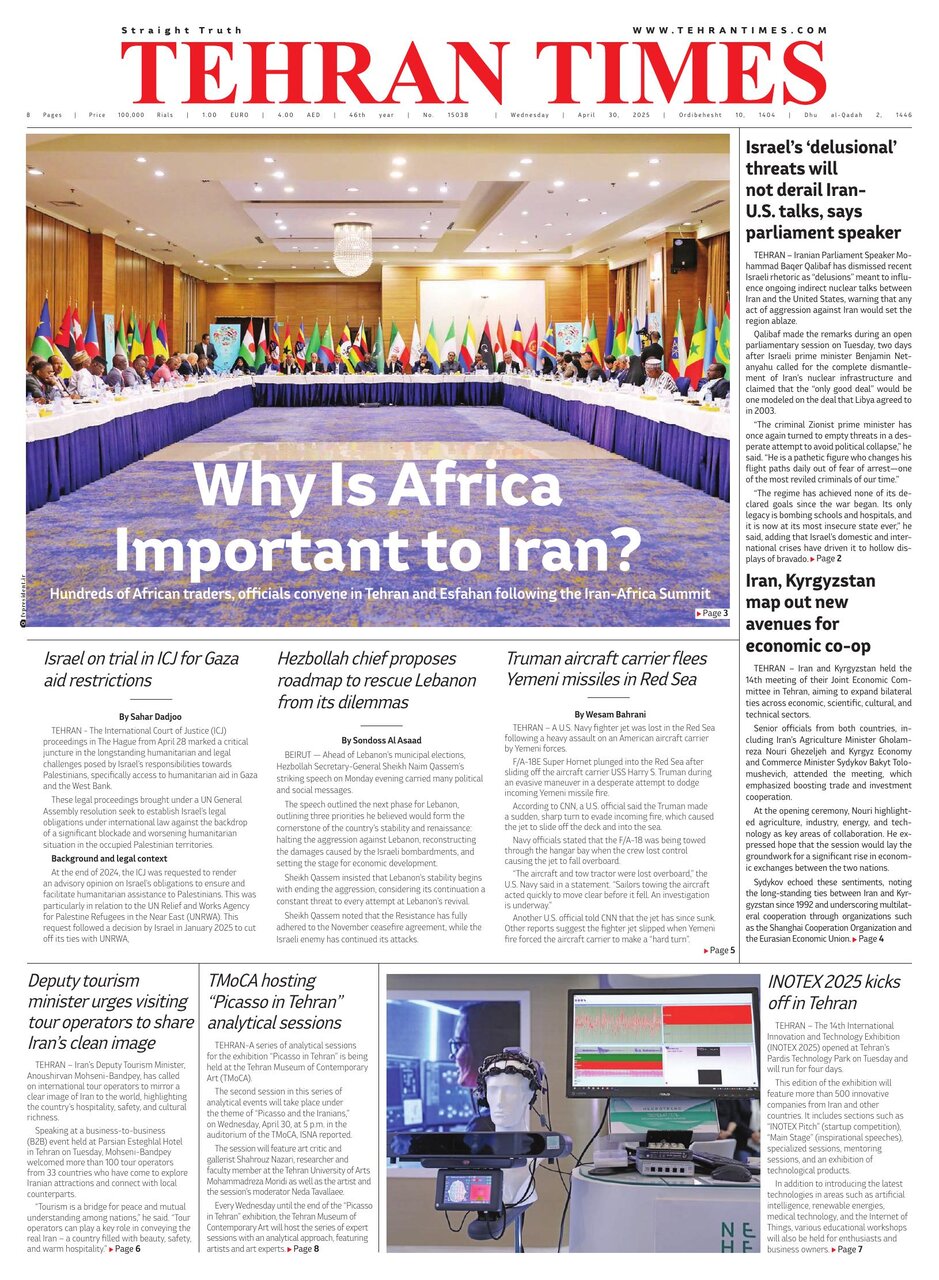
TEHRAN- A loose adaptation of one of the anecdotes from the renowned Persian poet Saadi's "Gulistan" is currently being performed at Tehran's Sangelaj Hall.Rahmat Amini is the writer and director of the play entitled "Indian Liver".Farzad Berahman, Delaram Torki, Navid Jahanzadeh, Amin Zare and Mehdi Mehryar are the main members for the play, which will remain on stage until April 28.A short yet captivating tale about the character of kings in Sadi's "Gulistan" has become the basis for a humorous play that has roots in the past and a manifestation in the present.
A king has fallen ill with a dreadful disease, and the remedy for his ailment is the liver.Gulistan or "The Rose Garden, is the most famous work of Sadi, one of the most celebrated Persian poets of the 13th century.
This collection is a masterpiece of Persian literature and is divided into eight chapters, each dealing with different aspects of life, ethics, and morality.
Sadi's writing is characterized by its eloquence, wisdom, and wit, making him a beloved figure in Persian literature and culture.One of the key themes in Sadi's work is the importance of kindness, compassion, and generosity.
His poems often emphasize the value of being a good person and treating others with respect and understanding.
Sadi's words encourage readers to strive for personal growth, self-improvement, and moral integrity.Sadi is renowned for his masterful use of anecdotes in his works, particularly in the "Gulistan".These brief, engaging tales often feature moral lessons, sharp wit, and insightful observations about human nature and society.Sadi's anecdotes encapsulate complex ideas in a simple yet poignant manner, making them accessible to a broad audience.Through the interactions of his characterskings, merchants, and common folkhe explores themes such as justice, wisdom, love, and the folly of human behavior.This storytelling technique not only entertains but also encourages readers to reflect on their own lives and the social dynamics around them, solidifying Sadi's legacy as a timeless commentator on the human condition.SAB/.
This article first appeared/also appeared in Tehran Times

 19
19















